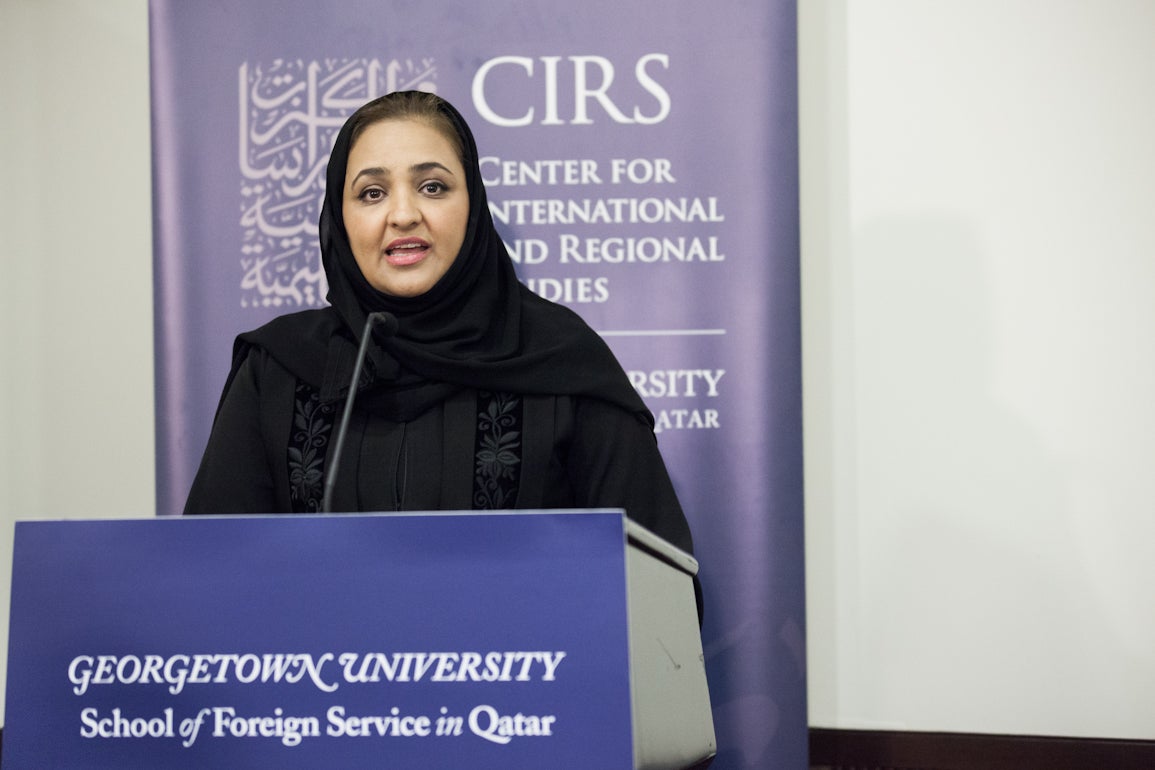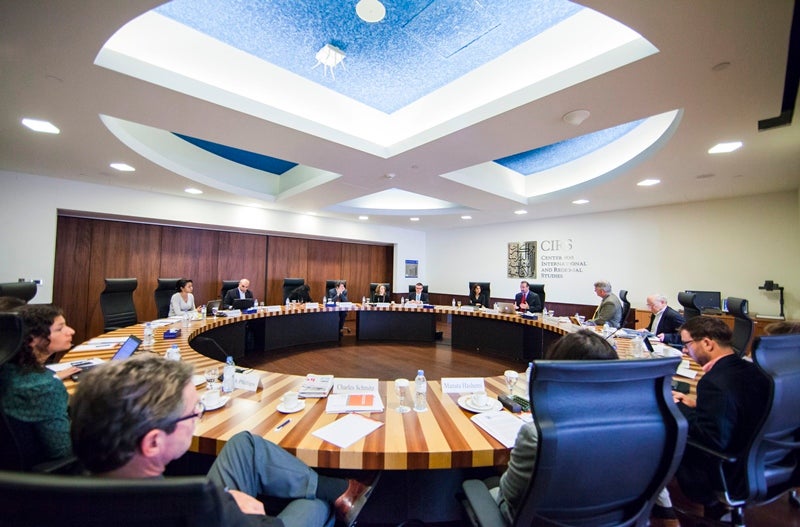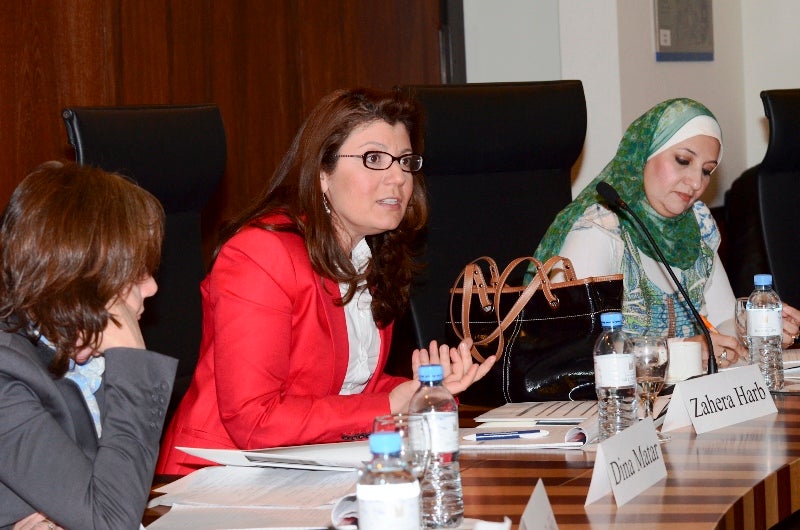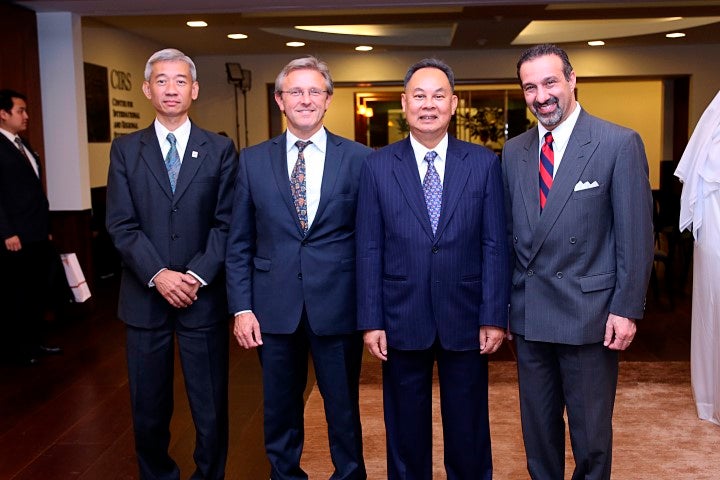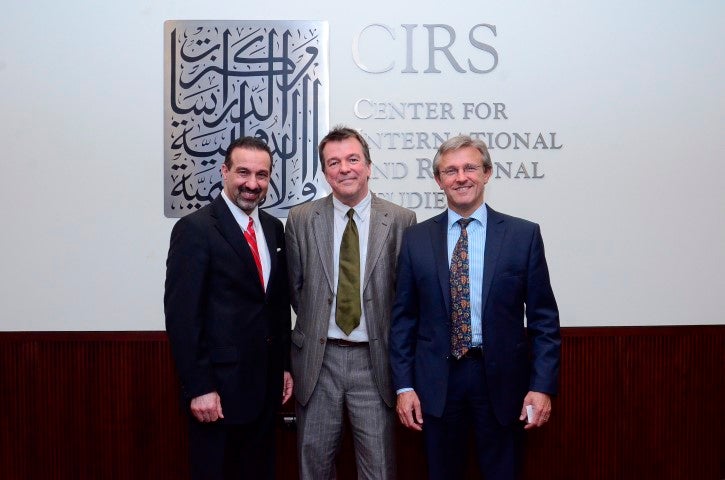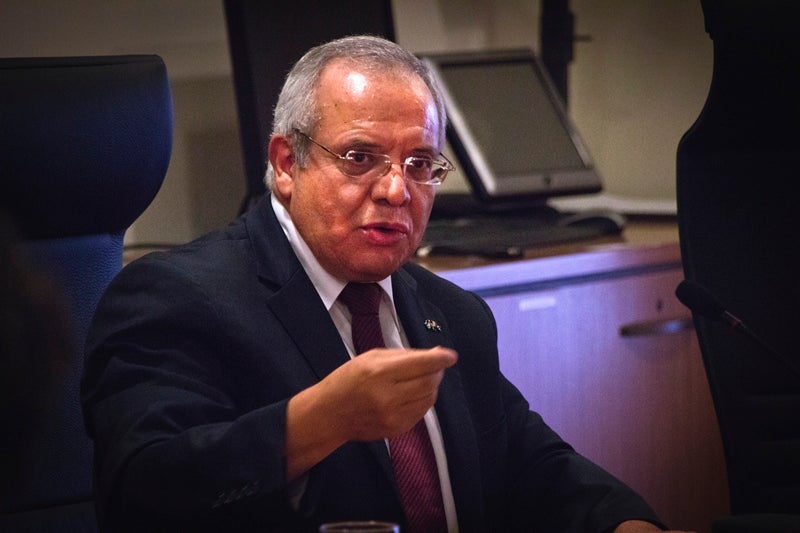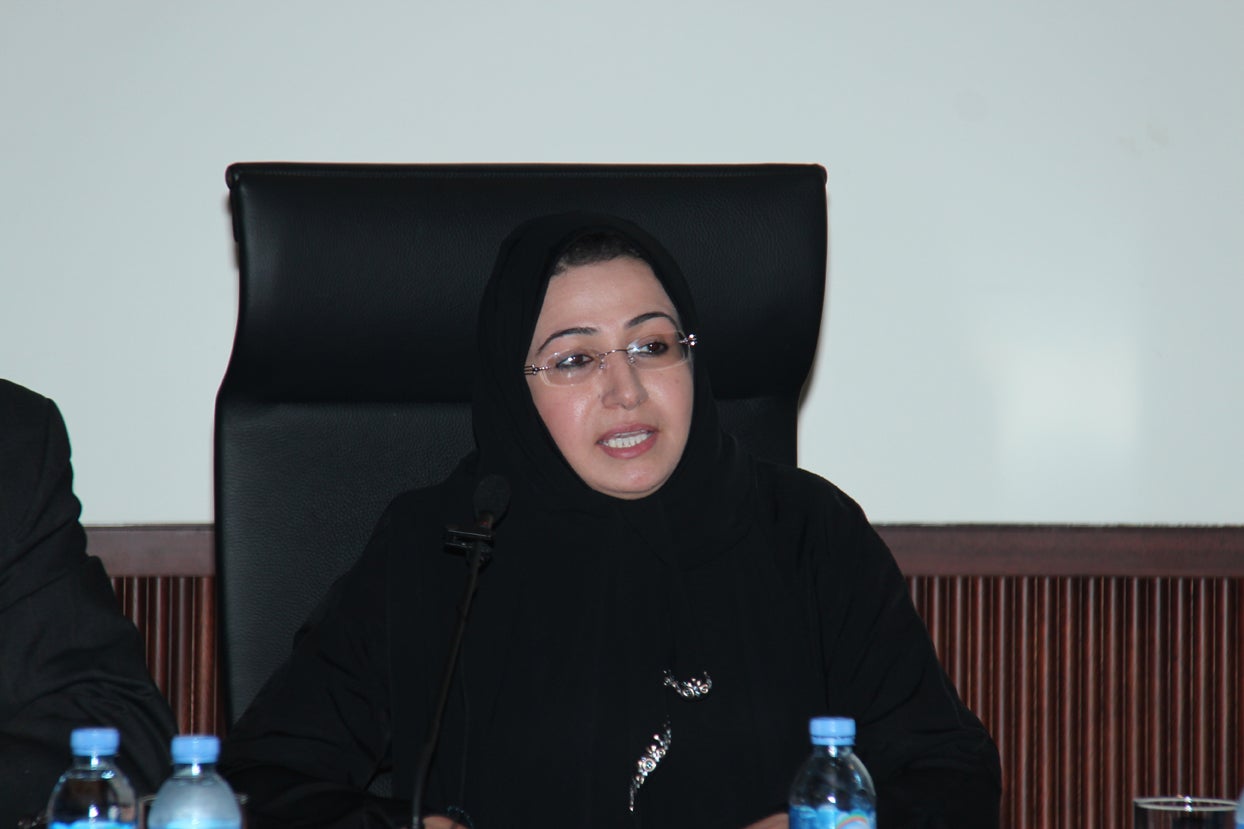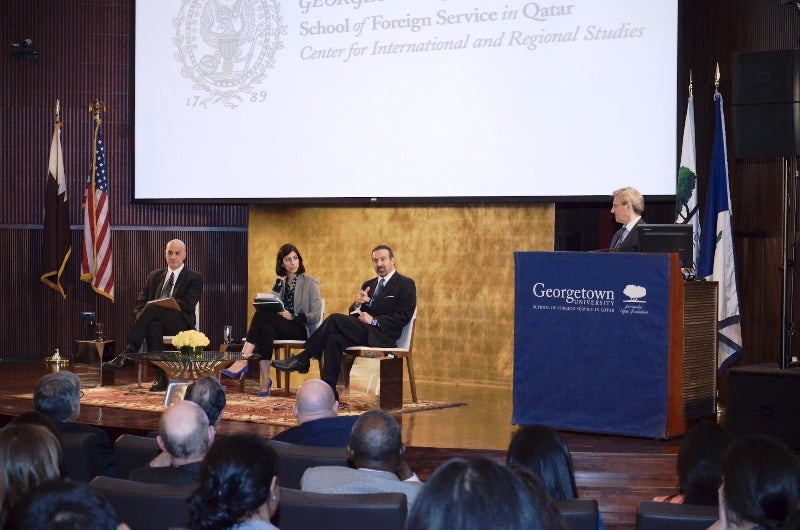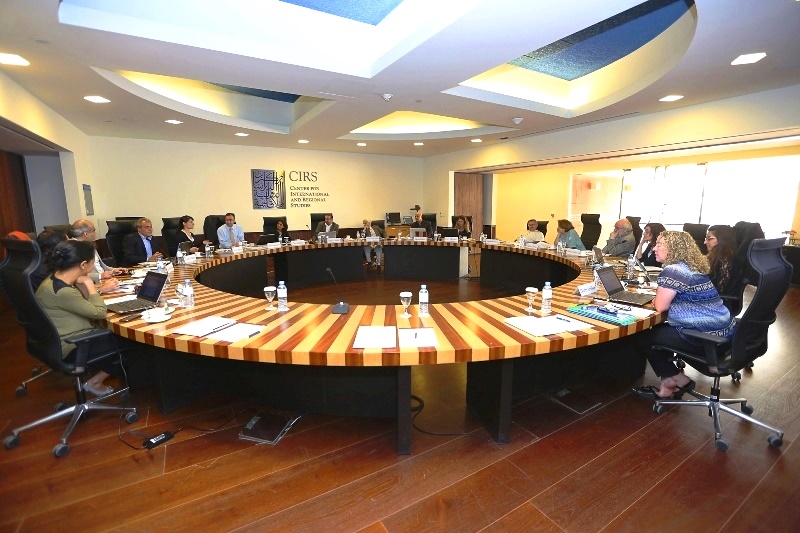
Causes and Consequences of Food Insecurity in the Middle East
In collaboration with partner organizations, Qatar’s National Food Security Program hosted the “International Conference on Food Security in Dry Lands” in Doha on November 14th and 15th, 2012. National, regional, and international institutions participated in the conference and addressed challenges facing dry lands in their pursuit of food security. The conference focused on the three…

